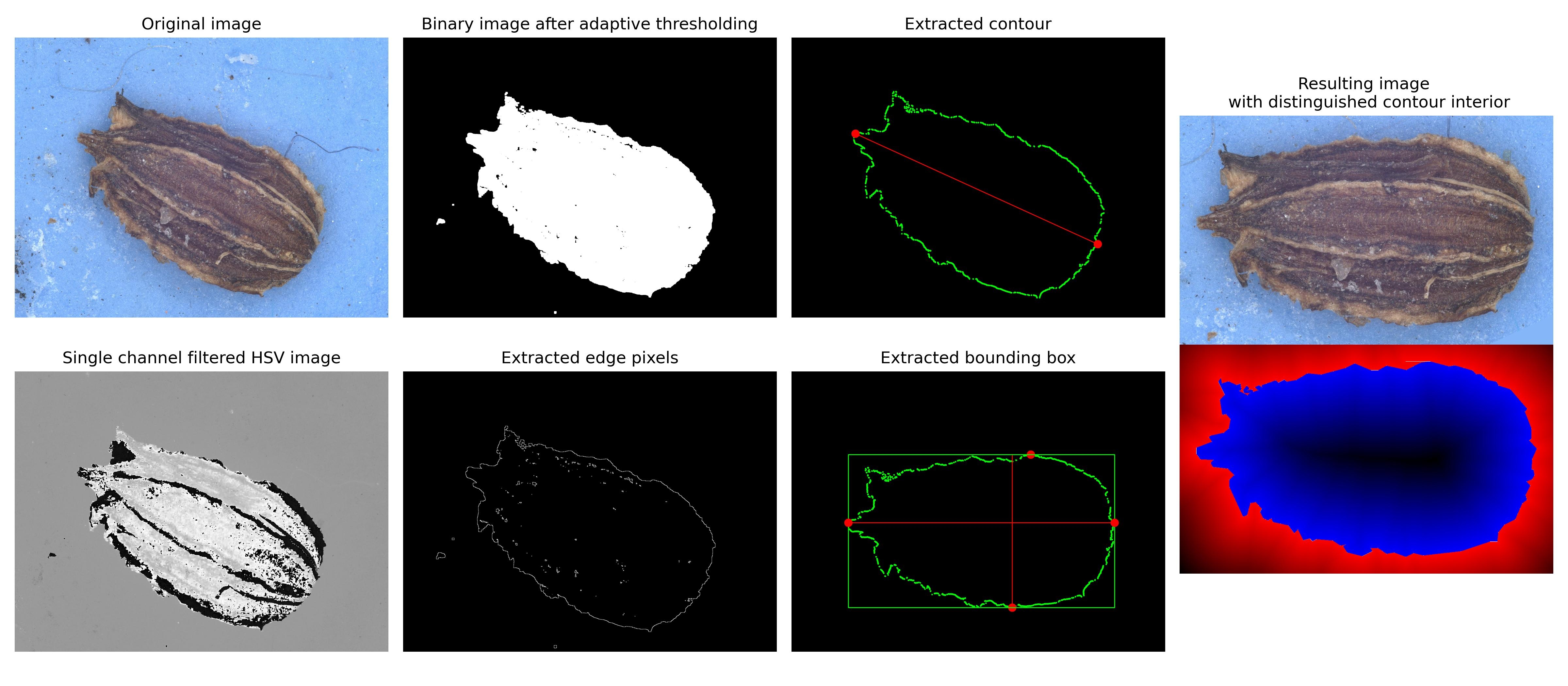ARCHAEOPLANT - research of plant identification using artificial intelligence
Principle investigator: Jaromír Beneš
Funding provider: Interreg, European Commission
Grant No.: Cil - Ziel Interreg 343
Duration: 2021- 2023
The purpose and goal of the project are to strengthen basic research in the field of botany, ethnobotany and archaeobotany. The project aims to develop an innovative methodological procedure and scientific tool that will enable the study of current and past vegetation of the Czech-Bavarian area by means of artificial intelligence. The basis will be the development of comparative methods of plant parts that carry specific information. The project will create a digital plant macro- and microhabitats database, emphasising FAIR data principles. In the next phase, a module capable of semi-automatically identifying plant seeds will be developed for about 50 plant taxa and a pilot series of plant phytoliths and starches. The resulting methodology will serve as a tool for reconstructing past natural environments and studying human-nature interactions in the Czech-Bavarian area from prehistory to the present. The partner of the project is the University of Regensburg.

Read more …ARCHAEOPLANT - research of plant identification using artificial intelligence
- Hits: 15626



